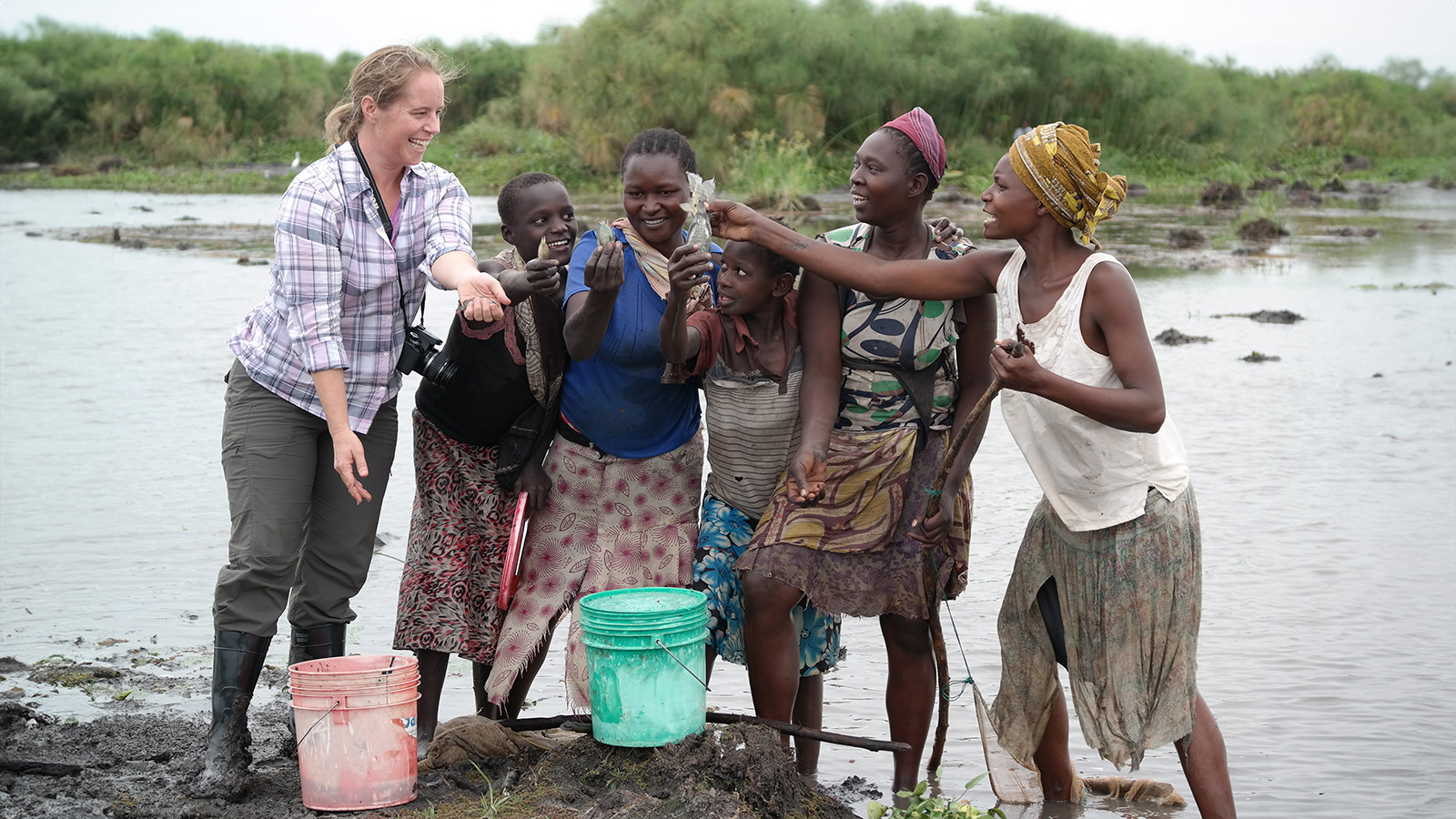
Community Engagement for a Sustainable Future
At Florida International University, our goal is to inspire the next generation and engage communities in our solutions-based work that is supporting good water management. This includes educational opportunities for our local communities as well as communities throughout the world. We also collaborate with local, regional, national and global governments on water security and sustainable management. We invite you to explore how FIU is committed to CLEAN WATER AND SANITATION for all.
Explore FIU's educational opportunities for Clean Water and Sanitation
Through public lectures, professional workshops and trainings, K-12 enrichment, interactive exhibits and more, FIU provides educational programming for people of all ages about good water management and conscious water usage. Explore all FIU has to offer.
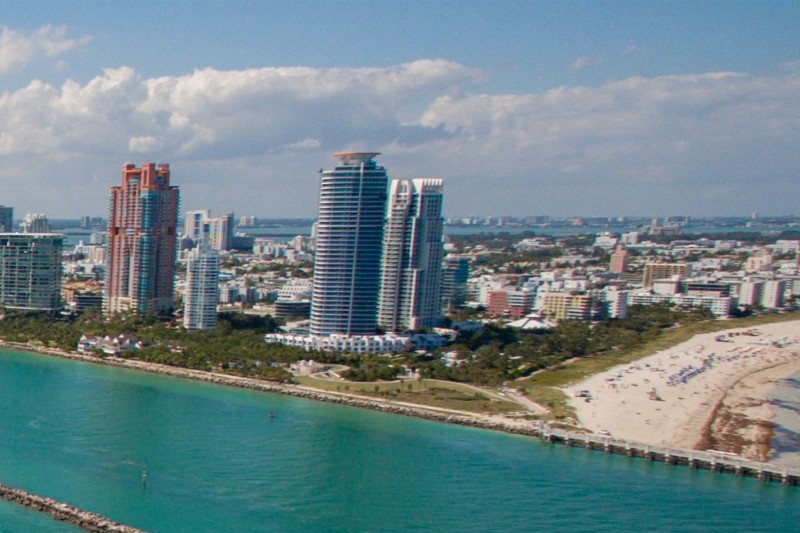
Urban Water Innovation Network (UWIN)
FIU is part of a consortium of university and industry partners addressing water challenges across the United States. We are helping urban communities increase resilience of their water systems though education, research and collaborative projects with local governments and organizations.
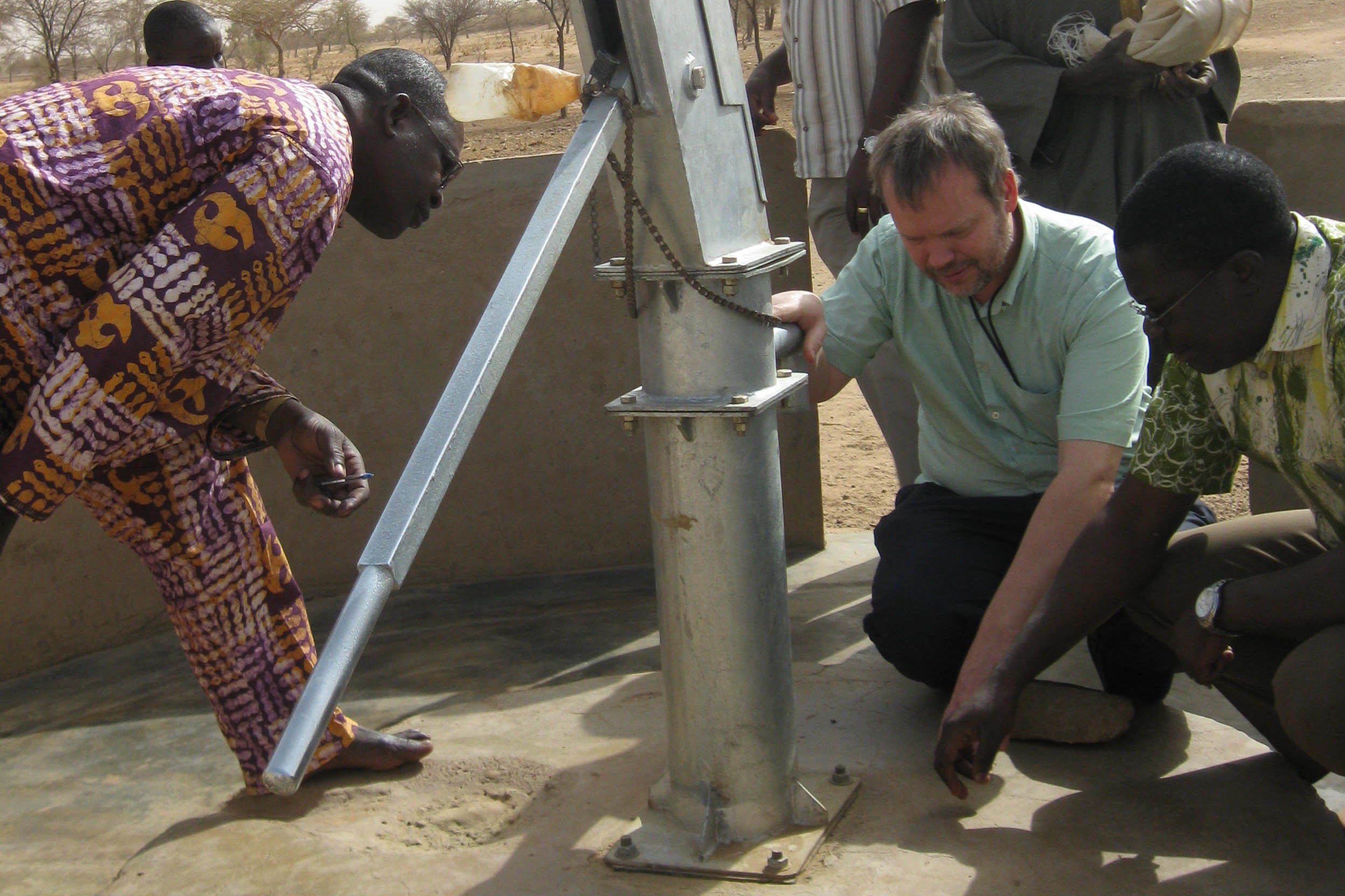
International Community Education
FIU’s International Water Program in the Institute of Environment has delivered clean water, sanitation and hygiene solutions to communities throughout the world through USAID-supported initiatives. Our teams focus on educating local residents on best practices, infrastructure improvements, and good water management.
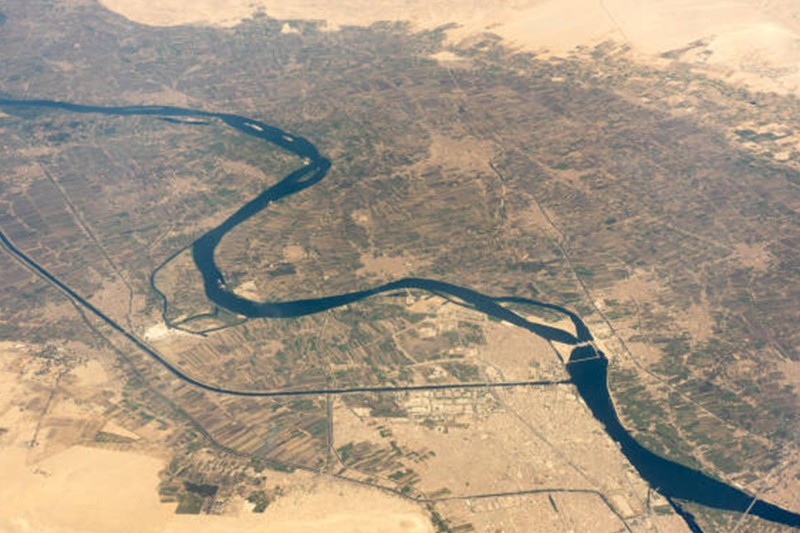
Nile Talk Forums
FIU's Nile Talk Forums is a developing case study in international water management. We bring together experts in Nile and other transboundary river issues of the world to discuss experiences in diffusing tensions, sharing the common good, building trust and developing collaboration and cooperation.
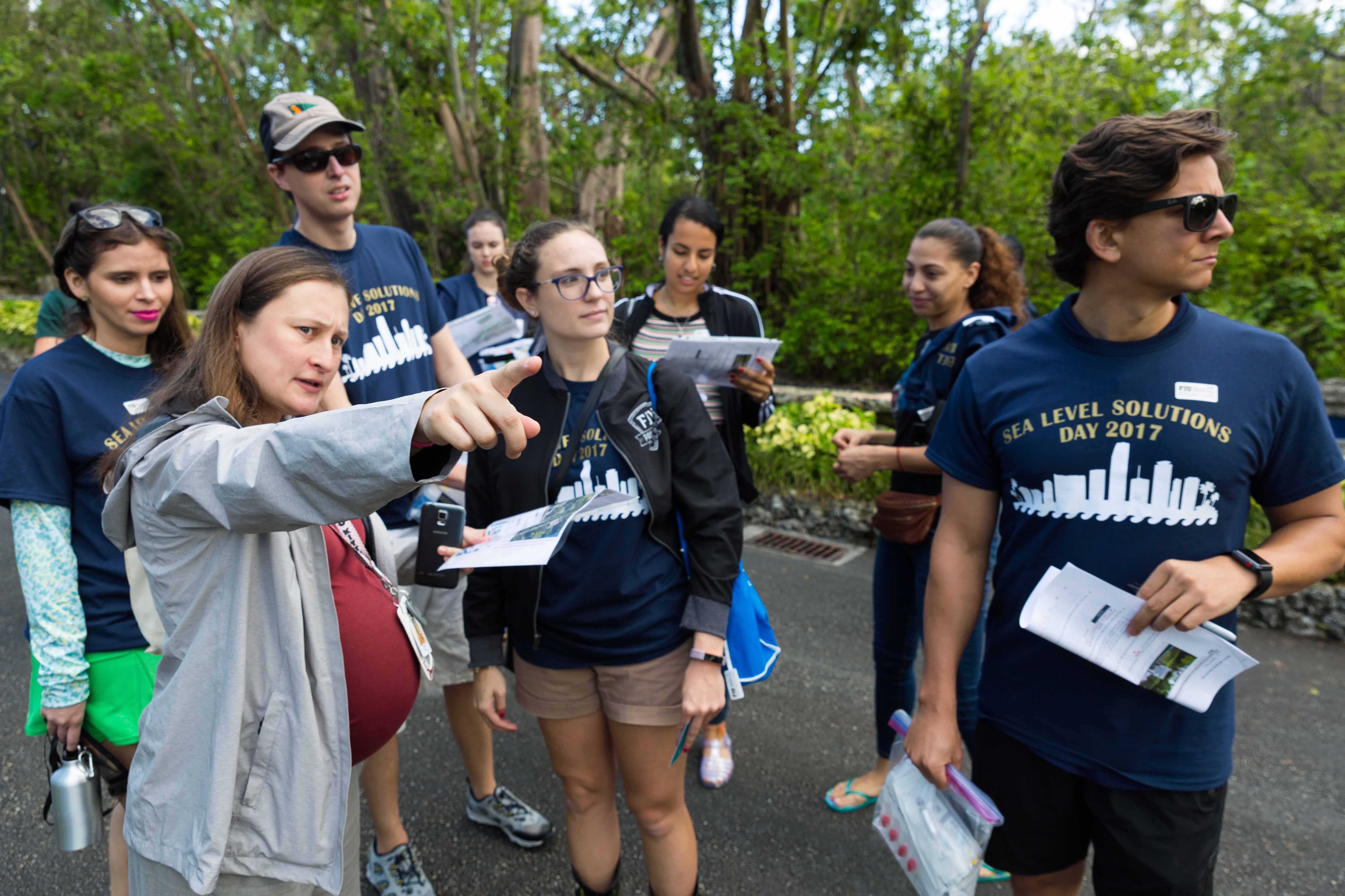
Miami-Dade Environmental Education
FIU has received a grant from Miami-Dade County for Environmental Education to support an accelerated education initiative and promote stewardship among local residents and businesses. Our team in the Institute of Environment works directly with communities, linking top scientists, educators, students and municipal leaders to develop sustainable solutions.
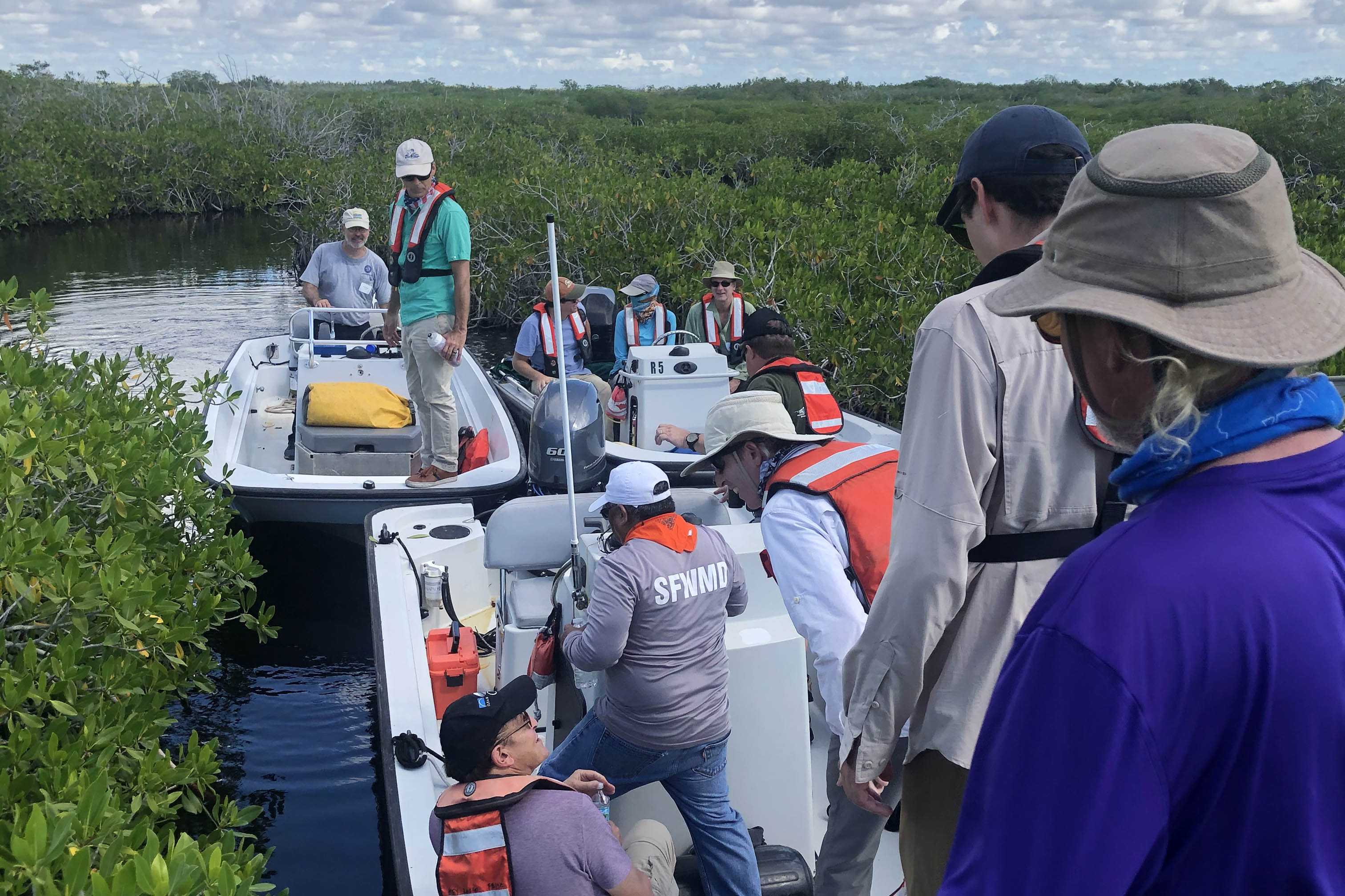
Long Term Ecological Research Program
The NSF-supported Florida Coastal Everglades LTER Program is led by FIU and examines management of freshwater resources in one of the largest water restoration projects in the world. The FIU LTER Outreach Team provides free community programs to expand environmental literacy and participate in current science initiatives.
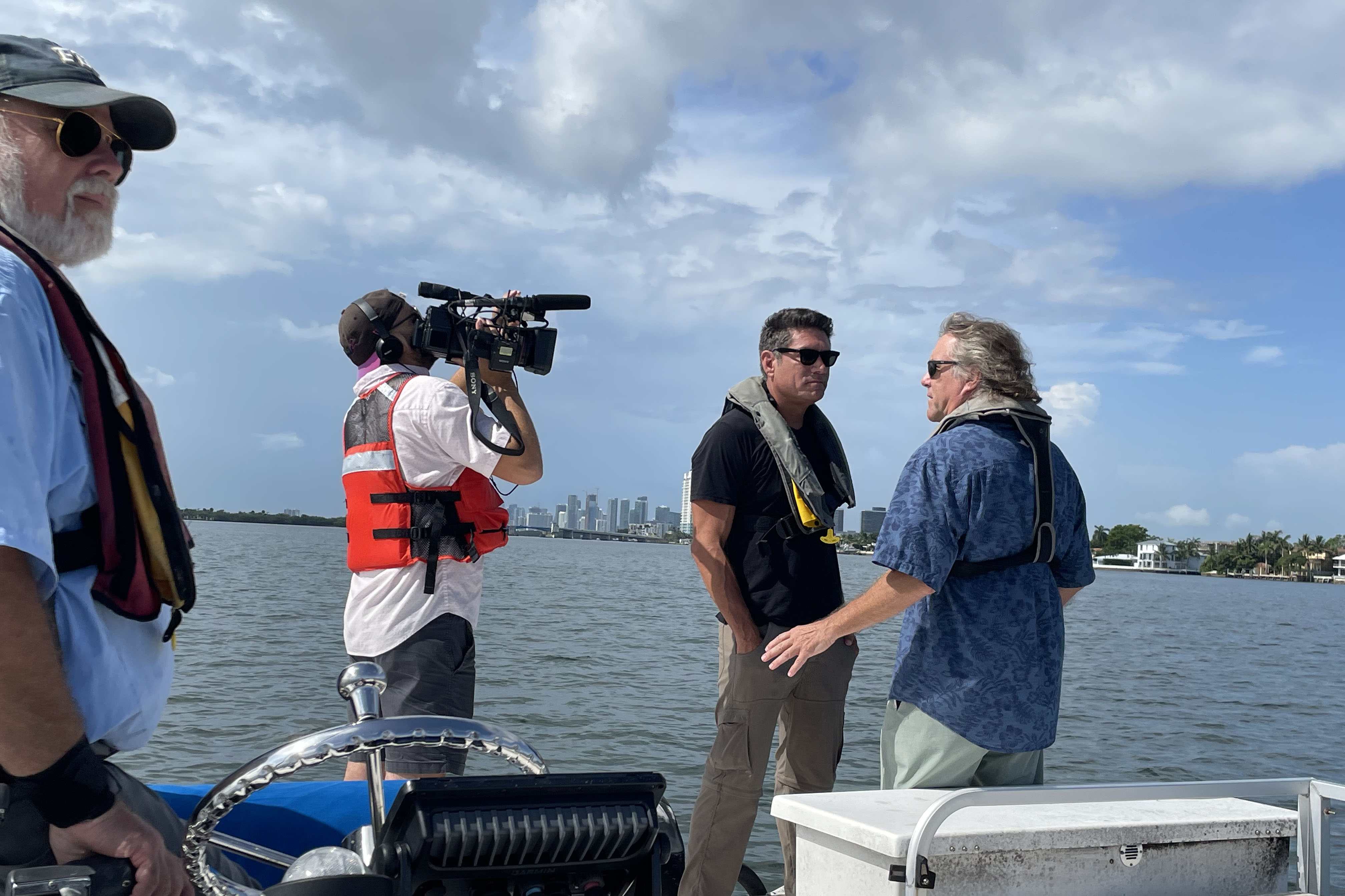
Biscayne Bay Communities
With a campus located along Biscayne Bay, FIU has led research on bay health for decades. We work with local communities to educate on the role they play in the health of the bay through water usage, water management and irrigation practices as well as the need for improved protections at the local and state levels.
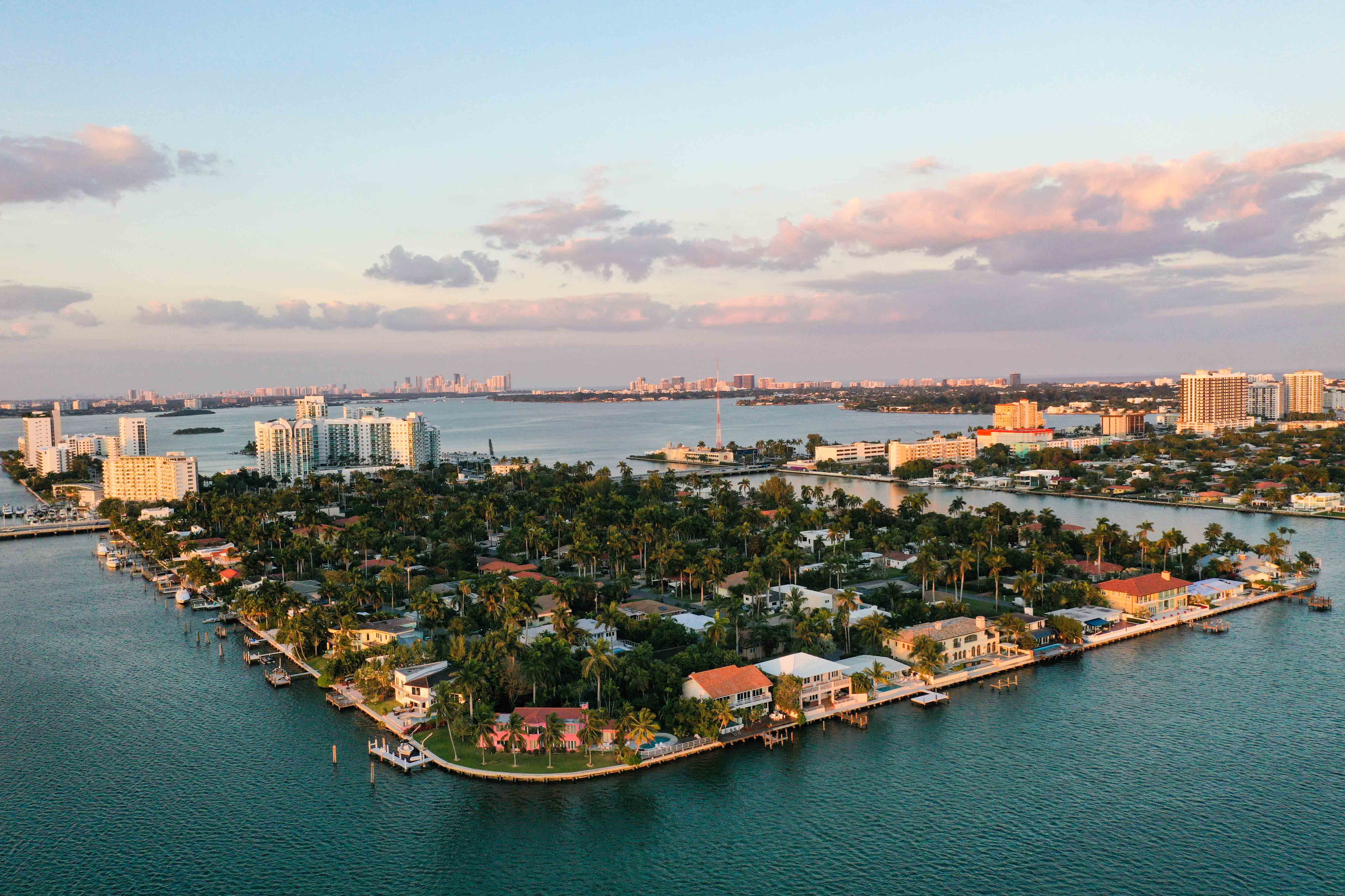
North Bay Village MOU
After the local sustainability officer saw news coverage of FIU’s efforts, North Bay Village signed an Memorandum of Understanding with FIU to assist in the development of community-based sustainability initiatives including solutions for Biscayne Bay.
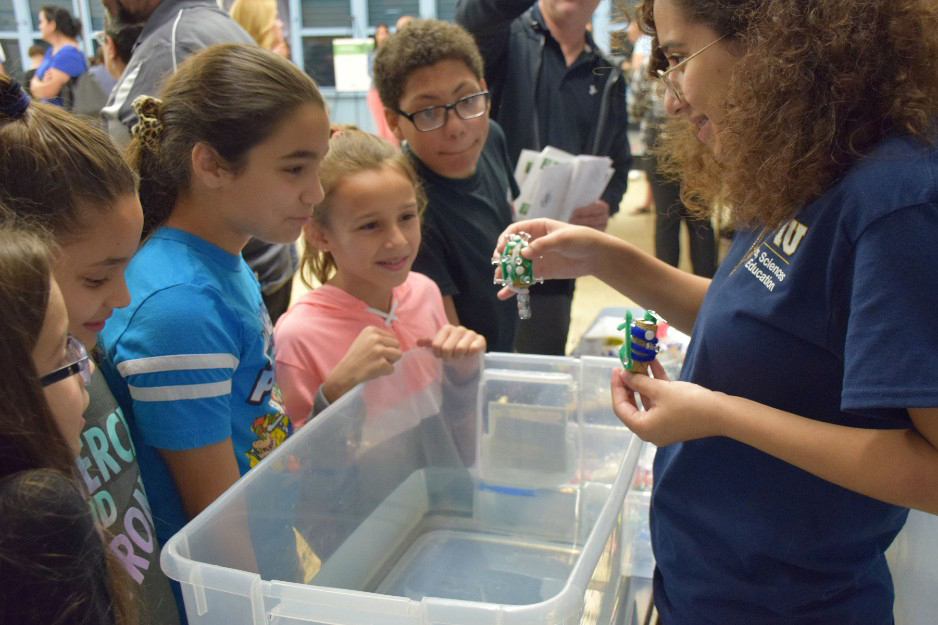
CASE Education Outreach Team
FIU’s College of Arts, Sciences & Education connects lifelong learners with real university research through its Education Outreach Team. We provide a range of experiences, from at-home activities to community events, summer camps and more. We maintain collaborative partnerships with corporations and community organizations and offer volunteer service opportunities.
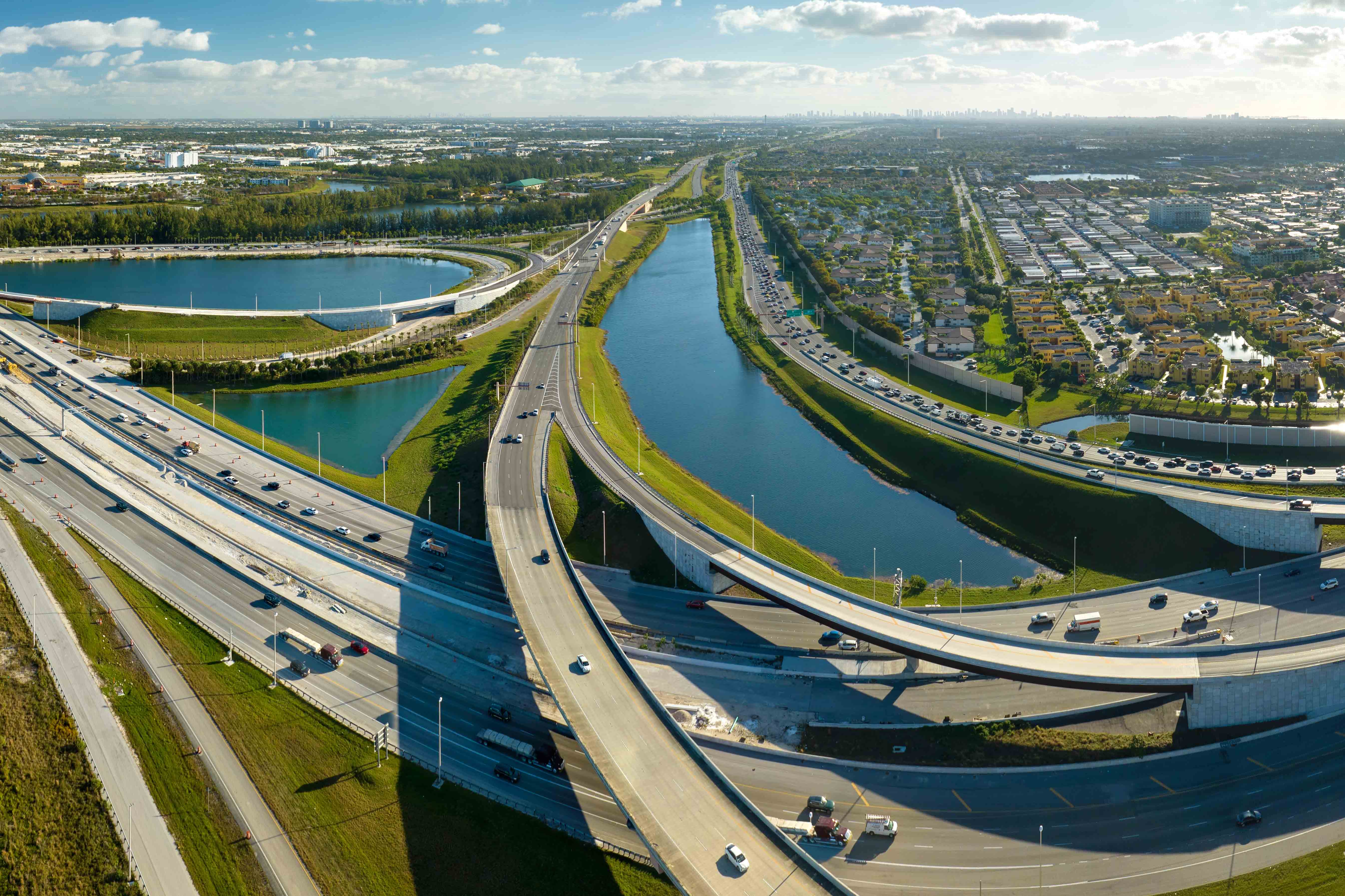
Urban Resilience to Extremes Sustainability Research Network
The UREx SRN focuses on integrating social, ecological and technical systems to devise and support urban infrastructure decisions in the face of climate uncertainty. It leverages a network of nine diverse cities, 65 experts, inclusive, participatory approaches, a workflow, education program and an evaluation plan.
Did you know?
FIU offers a Graduate Certificate in Water, Environment and Development Studies, providing a multidisciplinary education in the occurrence, characteristics and management of water resources.
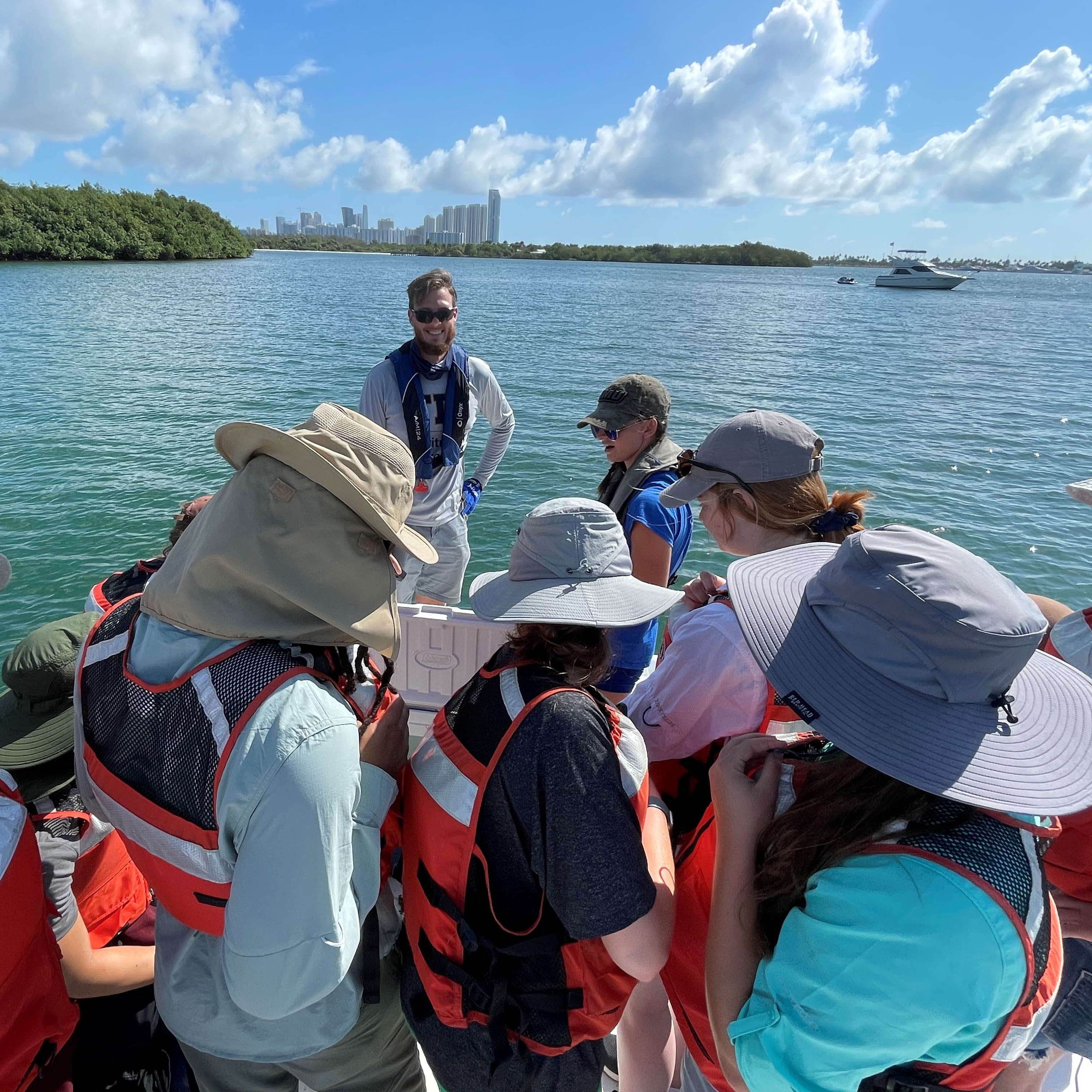
Working with Local Communities
Through outreach and engagement programs, we are working with local South Florida communities to promote good water management and to protect our region's vitally important water resources. Below, you can explore some of the programs we offer for conscious water usage.
Explore our work in South Florida
From citizen science initiatives to water restoration projects, FIU is focused on Clean Water and Sanitation in our local communities.
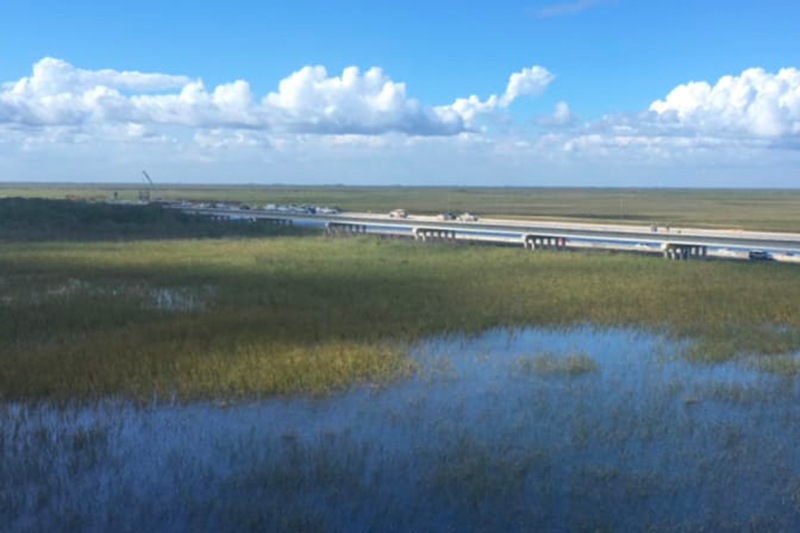
Florida Coastal Everglades Long Term Ecological Research Network
Researchers in FIU’s Institute of Environment are leading the science behind one of the largest ecosystem restoration projects on the planet — the Florida Everglades, an iconic and imperiled ecosystem that provides drinking water for 8 million people and supports Florida’s thriving economy.
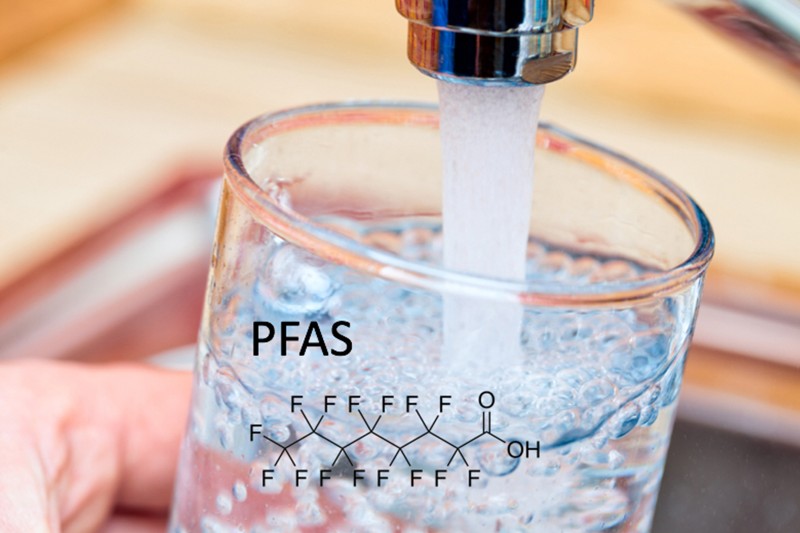
PFAS Toxicity Study
FIU scientists are working on the development of an analytical method to more reliably detect toxic forever chemicals at very low part per trillion levels in potable water supplies. In addition, they are developing a non-targeted approach to evaluate potential metabolites and transformation products in the local environment.
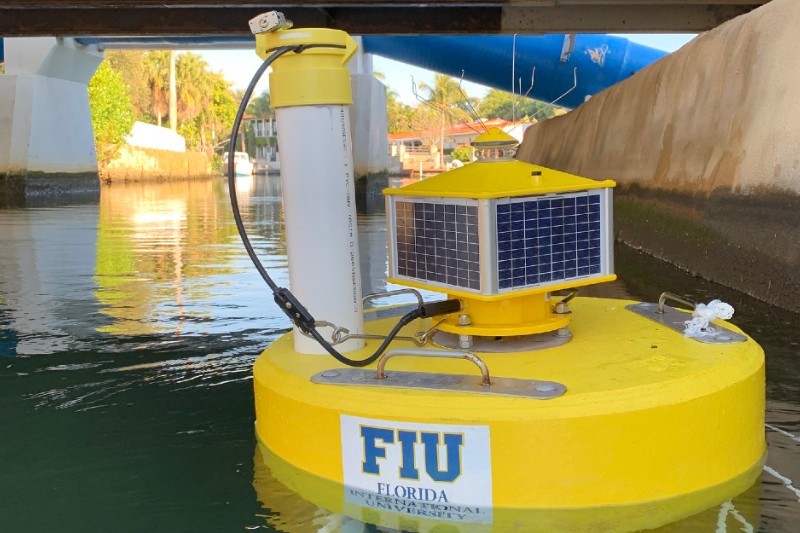
Buoy Monitoring
FIU's research monitoring fleet includes five deployed buoys throughout South Florida waterways, measuring contaminants and water quality. The data are provided through a public website and updated every 15 minutes.

Urban Water Innovation Network (UWIN)
FIU is part of a consortium of university and industry partners addressing water challenges across the United States. We are helping urban communities increase resilience of their water systems though education, research and collaborative projects with local governments and organizations.
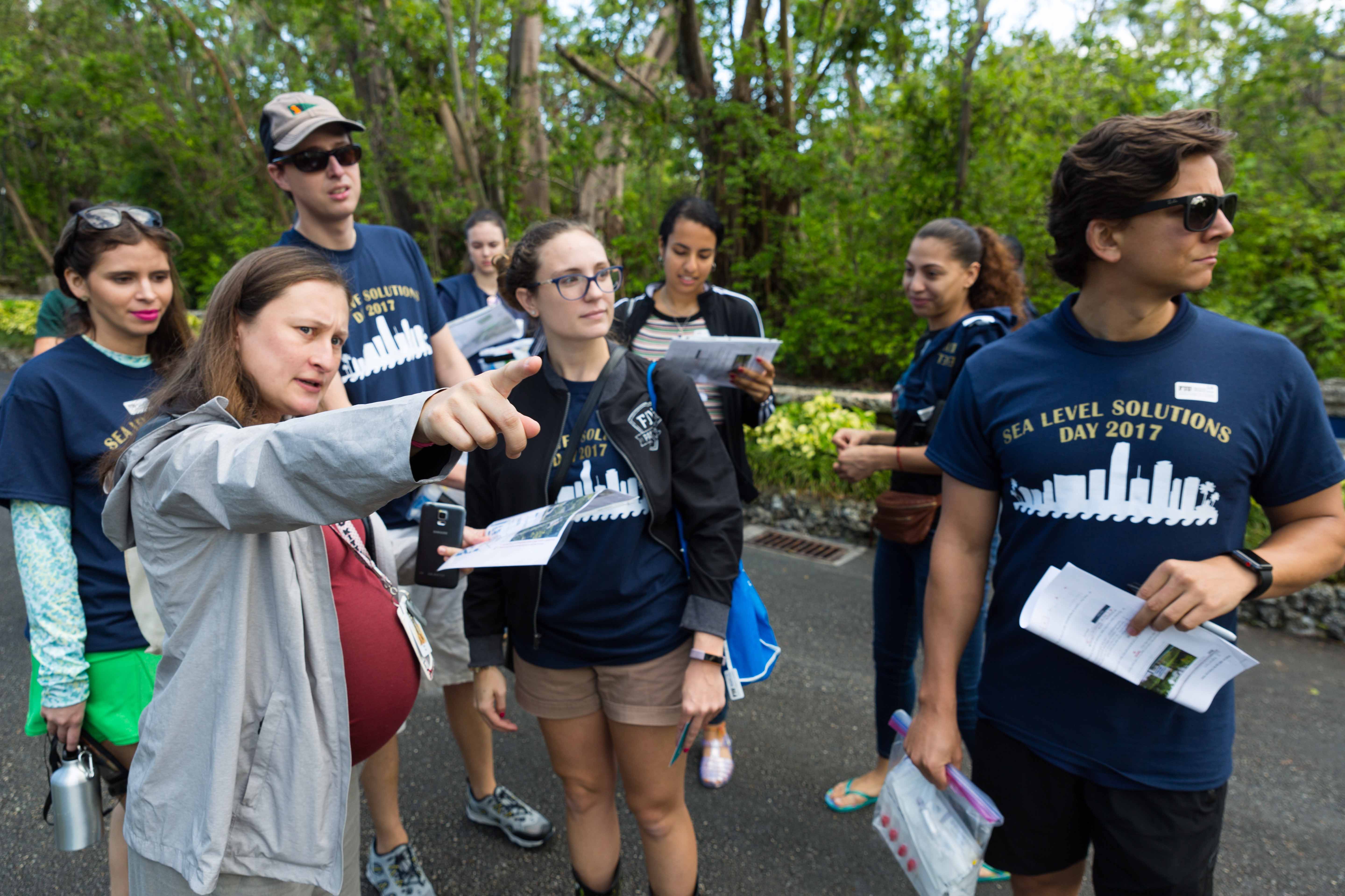
Miami-Dade County
FIU has received a grant from Miami-Dade County for Environmental Education to support an accelerated education initiative and promote stewardship among local residents and businesses. Our team in the Institute of Environment works directly with communities, linking top scientists, educators, students and municipal leaders to develop sustainable solutions.

Biscayne Bay Communities
With a campus located along Biscayne Bay, FIU has led research on bay health for decades. We work with local communities to educate on the role they play in the health of the bay as well as the need for improved protections at the local and state levels.

North Bay Village MOU
After the local sustainability officer saw news coverage of FIU’s efforts, North Bay Village signed an Memorandum of Understanding with FIU to assist in the development of sustainability initiatives including solutions for Biscayne Bay.
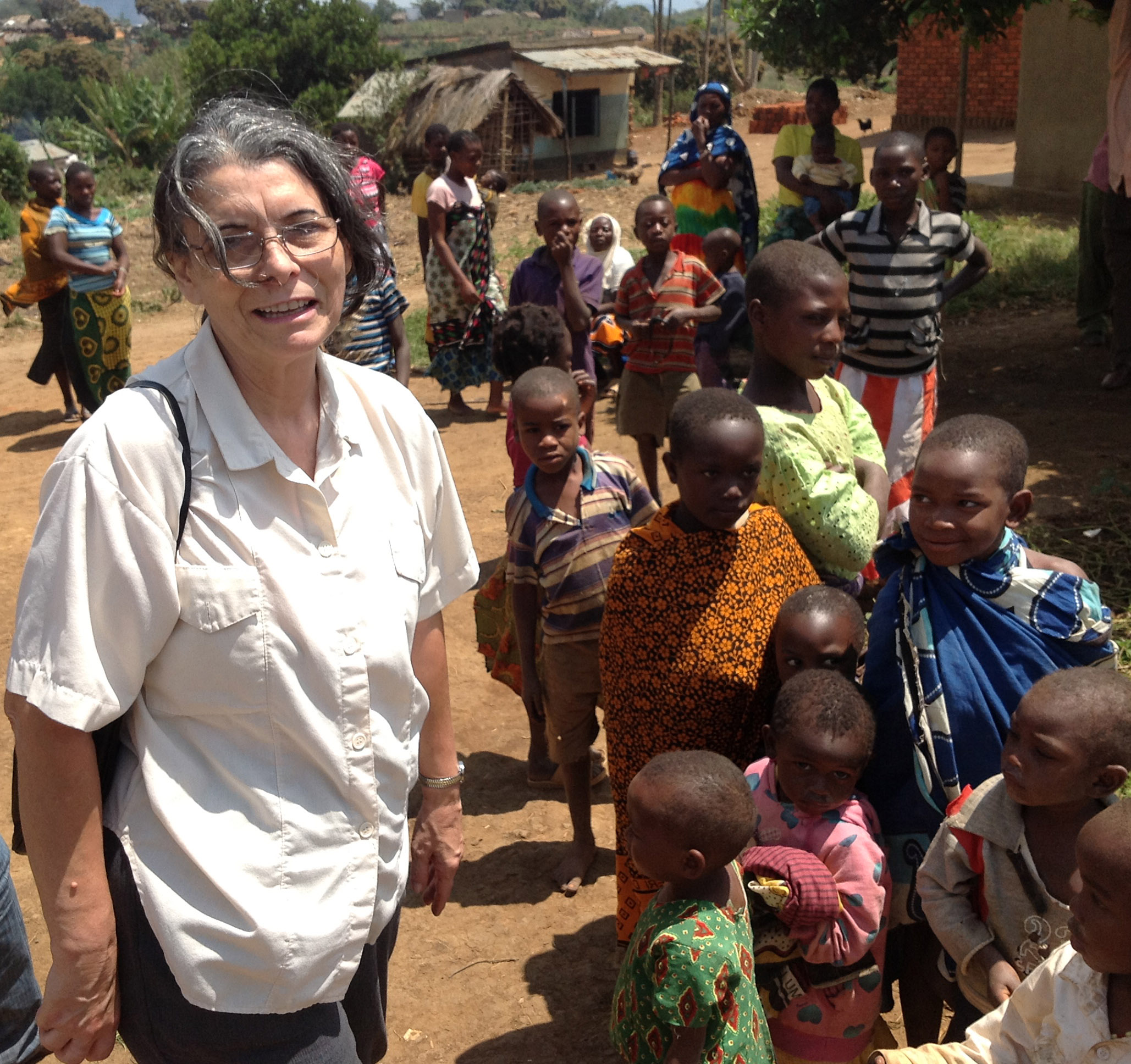
UNESCO Chair on Sustainable Water Security
Bringing together research and education, the UNESCO Chair on Sustainable Water Security in FIU's Institute of Environment is addressing regional, national and global water security issues through interdisciplinary research and partnerships for sustainability.
Explore our work in international communities
FIU’s International Water Program in the Institute of Environment has delivered clean water, sanitation and hygiene solutions to communities throughout the world through USAID-supported initiatives supported. Our teams focus on educating local residents on best practices, infrastructure improvements, integrated water management policies, and research.
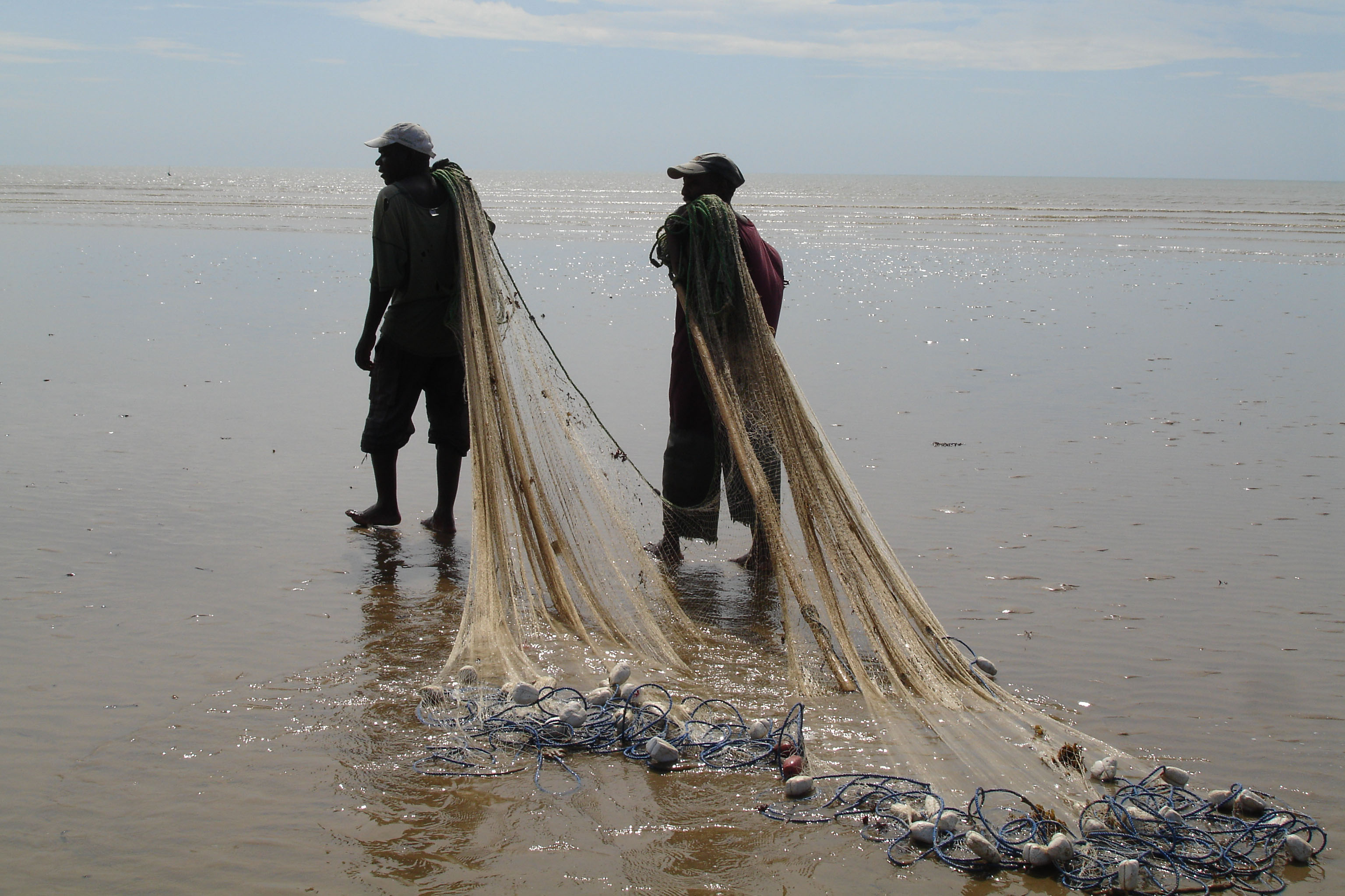
Wami Ruvu Basin, Tanzania
In the Wami Ruvu basin, FIU worked with local governments and NGOs to maximize the supply of clean safe water for basic needs while also creating opportunities for business ventures among local villagers so clean water could be a financial benefit in addition to a necessity. Micro-lending at the village level encouraged private investment. We helped foster 27 new village micro-savings and micro-financing programs that serve more than 25,000 people in the area. More than 70 water access points have been created serving some 16,000 people, and more than 20,000 people have completed sanitation and hygiene education.
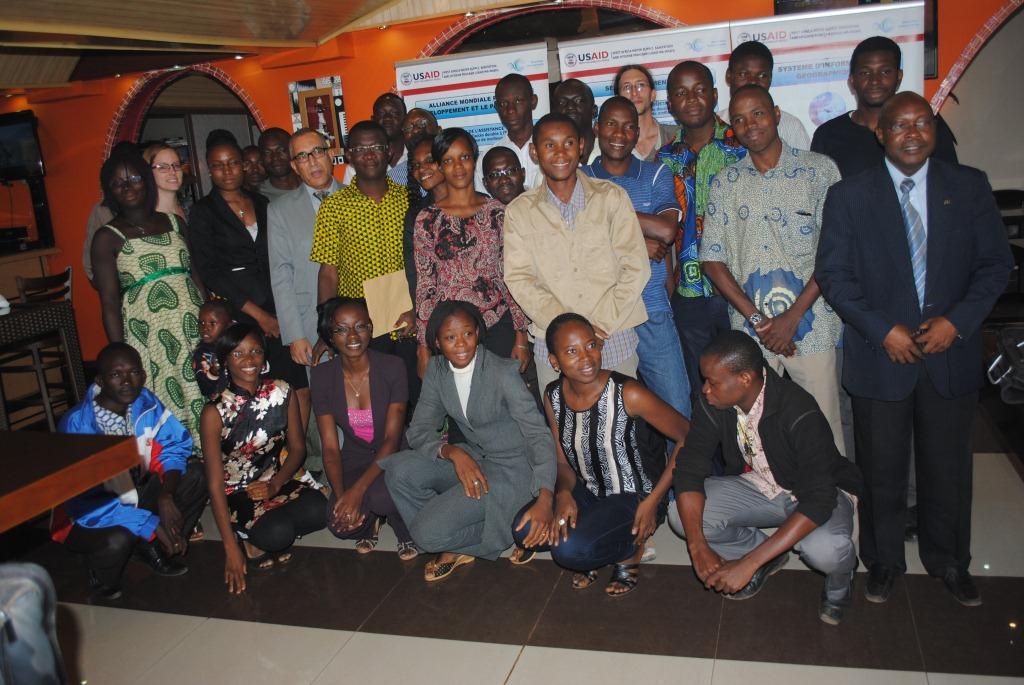
Burkina Faso, Mozambique and Tanzania
Sub-Saharan African countries have large, well-experienced regional, national and international organizations in the water delivery, sanitation and hygiene field, yet local organizations lack the necessary technical capacity to solve challenges in these areas. FIU worked with local organizations in Tanzania, Burkina Faso and Mozambique to close the knowledge gap through technical training and education to help them develop sustainable, state-of-the art, locally tailored approaches to water delivery, sanitation and hygiene.
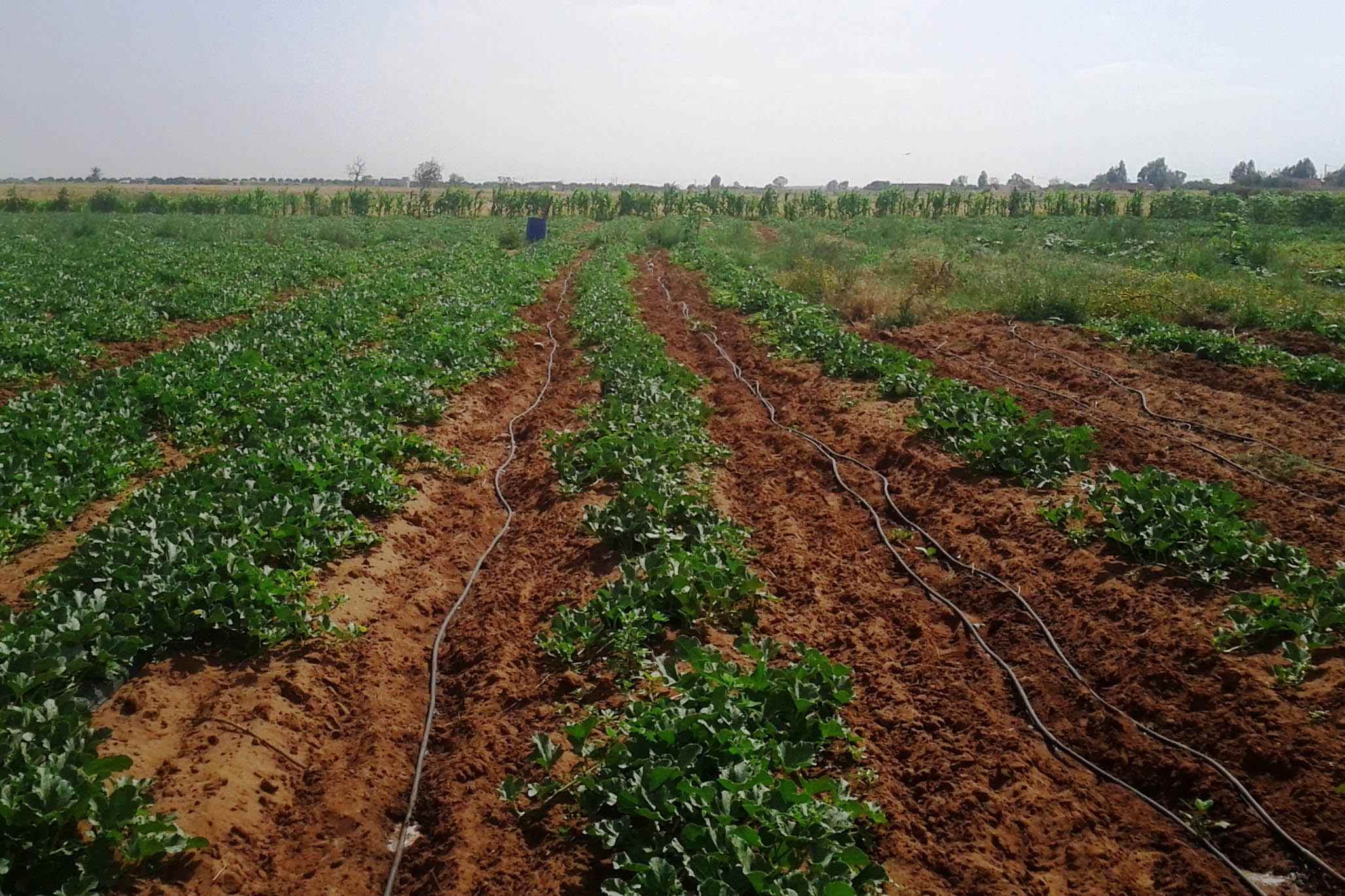
Morocco
An FIU team traveled to the El-Haouz region of Morocco to increase access to drinking water, improve hygiene practices and encourage collaboration among local authorities to govern water. In the agricultural Doukkala Province, FIU worked with small farmers to improve their water-use practices which led to enhanced livelihoods and improved sustainability. The project brought clean water to hundreds of children in local schools, provided more than 1,000 people with improved access to sustainable water and educated 3,000 people on best hygiene practices.

Ghana, Mali, Niger and Burkina Faso
This FIU-led and USAID-supported project increased access to safe water and sanitation as well as improved hygiene in Ghana, Mali, Niger and Burkina Faso. Our team introduced water and sanitation technology and promoted better hygiene at the community level through education. We used experiences from this project to develop models that could be scaled to other regions in Africa.
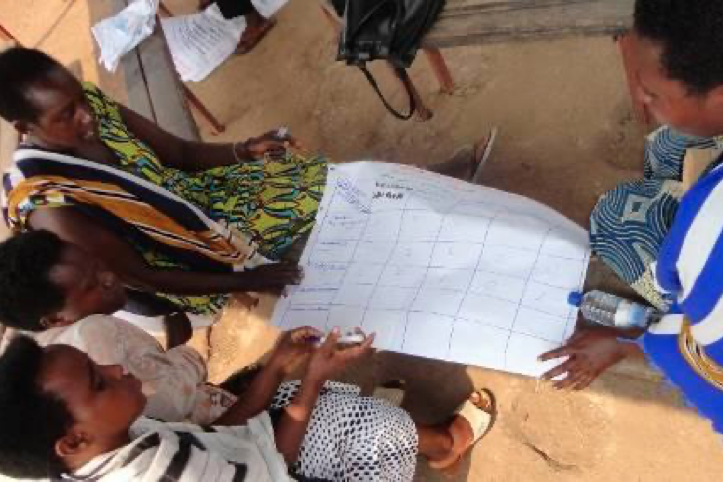
Rwanda
FIU’s Rwanda Integrated Water Security Program improved the sustainable management of water quantity and quality to positively impact human health, food security, and resiliency to climate change for vulnerable populations in targeted catchments in Rwanda. The project included low-cost and innovative technologies for water supply, sanitation and agriculture, along with multiple-use water services, sanitation marketing and product/supply chain development. Simultaneously, program managers worked with local communities to educate and improve individual hygiene behaviors.
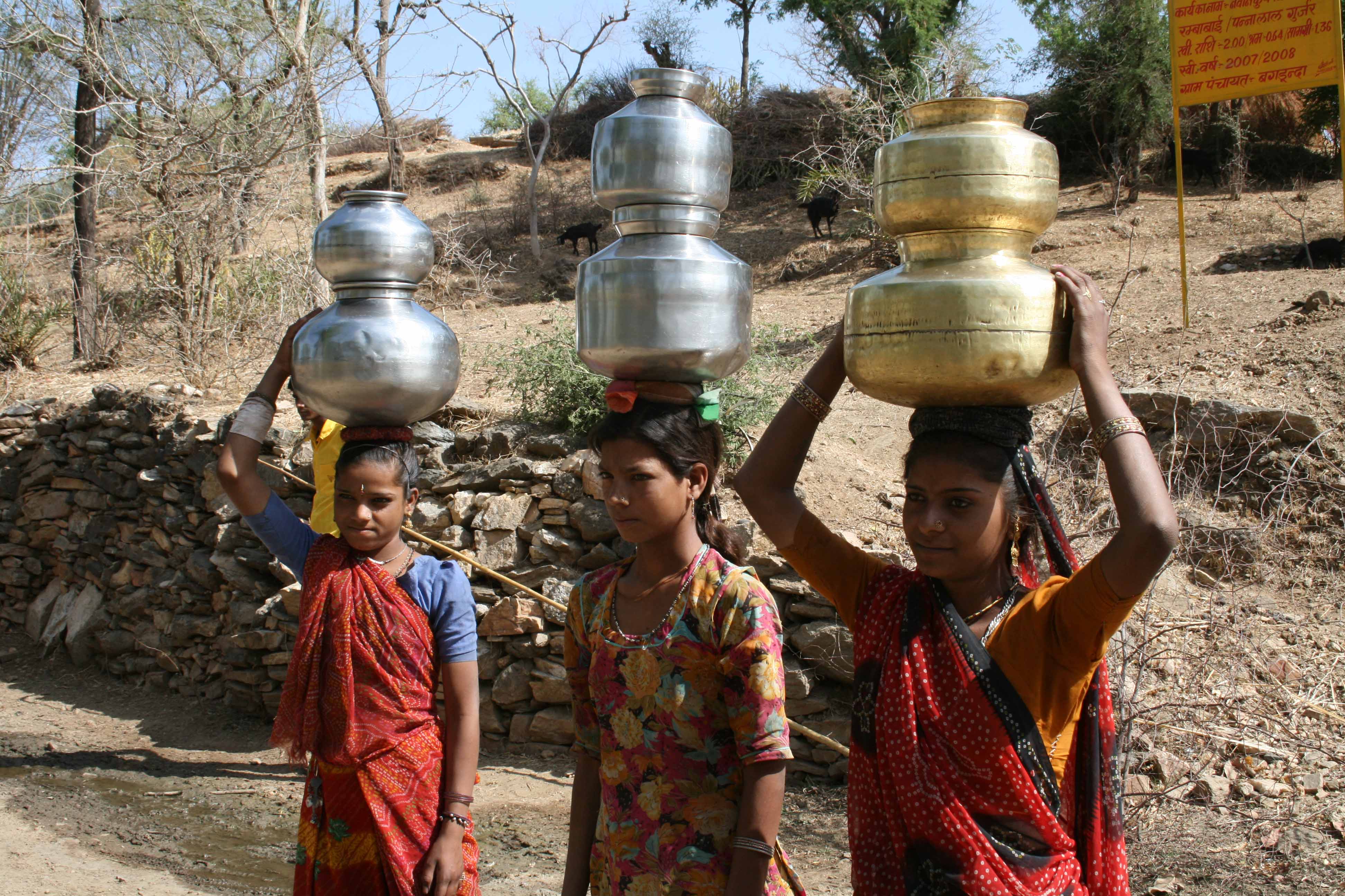
Wakal River Basin, India
FIU worked with local community partners along the Wakal River basin to support equitable access to and sustainable use of water resources. This included facilitating communication and collaboration among stakeholders, while building capacity of basin residents and local governments in water resources management. Our scientists studied locations of rainwater harvesting structures to measure rates of groundwater recharge. We coordinated training sessions for local governments and state-level representatives on topics in integrated water resources management to provide leaders with the tools to make more informed decisions about water management.
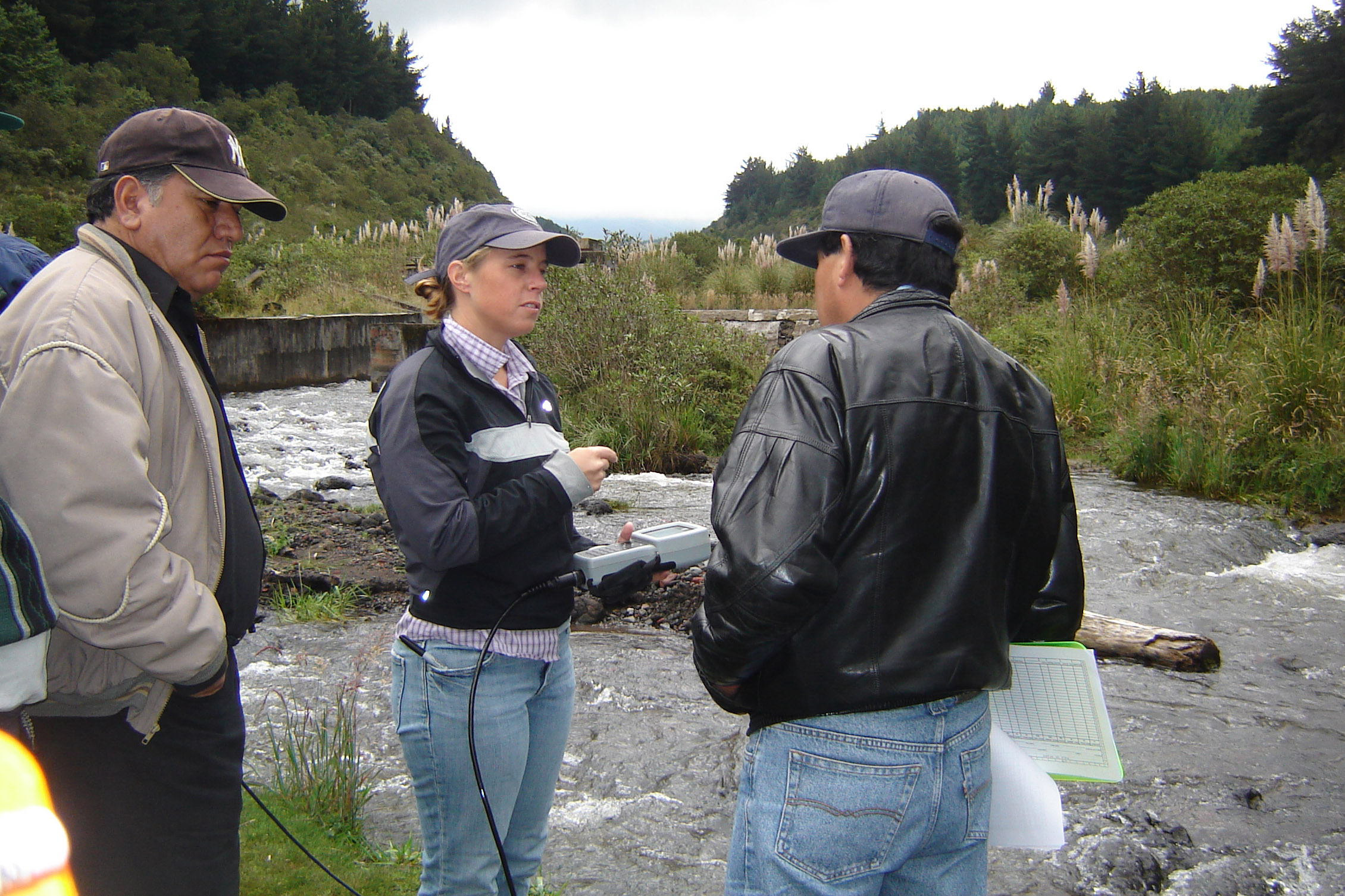
The Pastaza River basin, Ecuador and Peru
The Pastaza River basin begins in the Andes Mountains of Ecuador and ends at the Marañon River in Peru, which carries its waters into the Amazon. The lives of thousands of people are closely tied to the Pastaza River’s resources.
A team led by FIU established the regular collection of water data to be used by local authorities and formed local committees to participate in effective water management. The project also developed a fisheries management plan, advanced sound petroleum exploration management and promoted collaboration among native communities on both sides of the border.
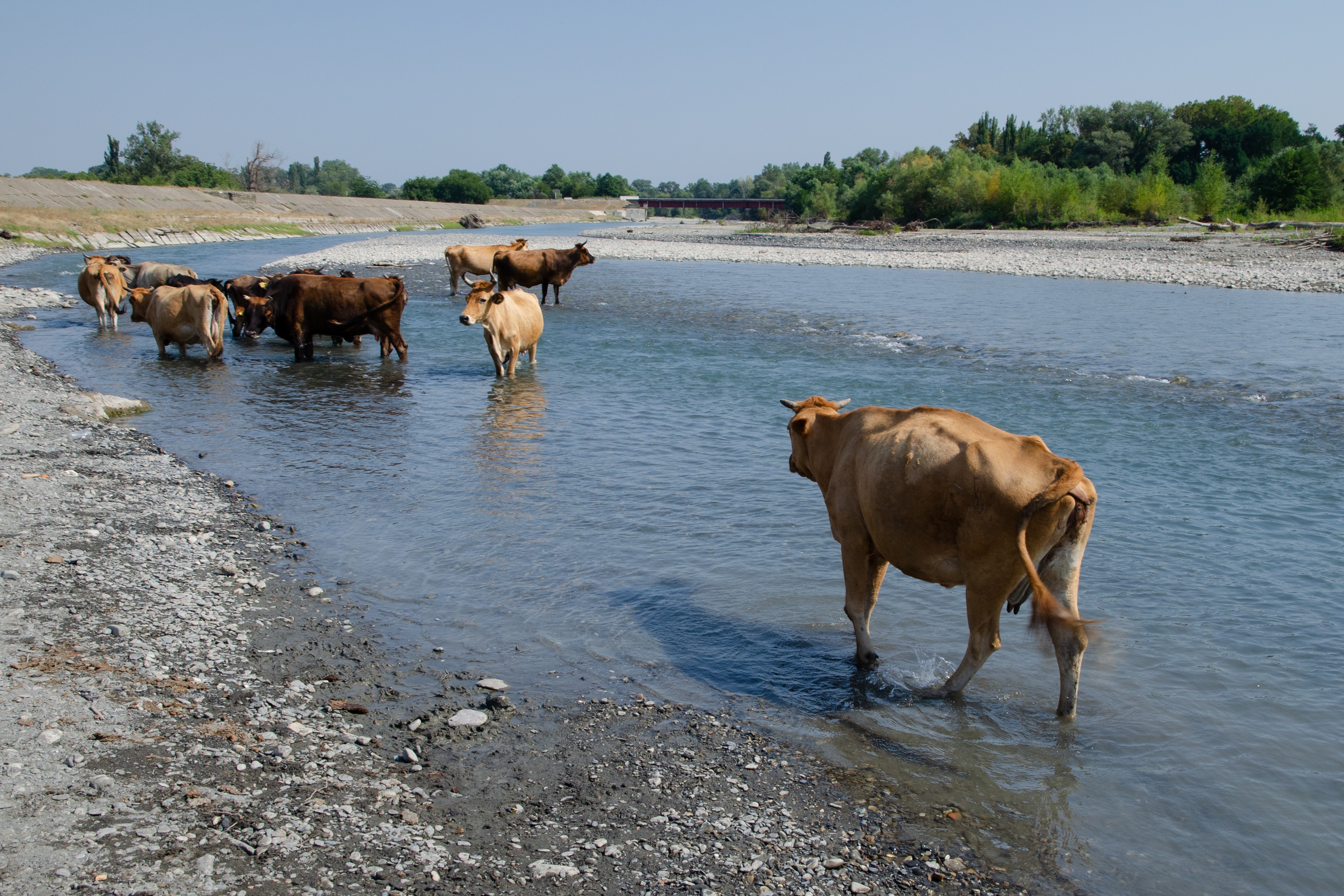
Republic of Georgia
In this South Caucasus region of Europe, most of the population has access to potable water. The biggest issues here are waste management and conservation. Many surface waters are severely polluted, forests are illegally logged and grasslands are overgrazed. Inappropriate irrigation and agricultural practices have degraded large areas of arable land through erosion and salinization of soils. FIU worked with local officials to protect the water supply and promote the benefits of preserving the country’s abundant natural resources.
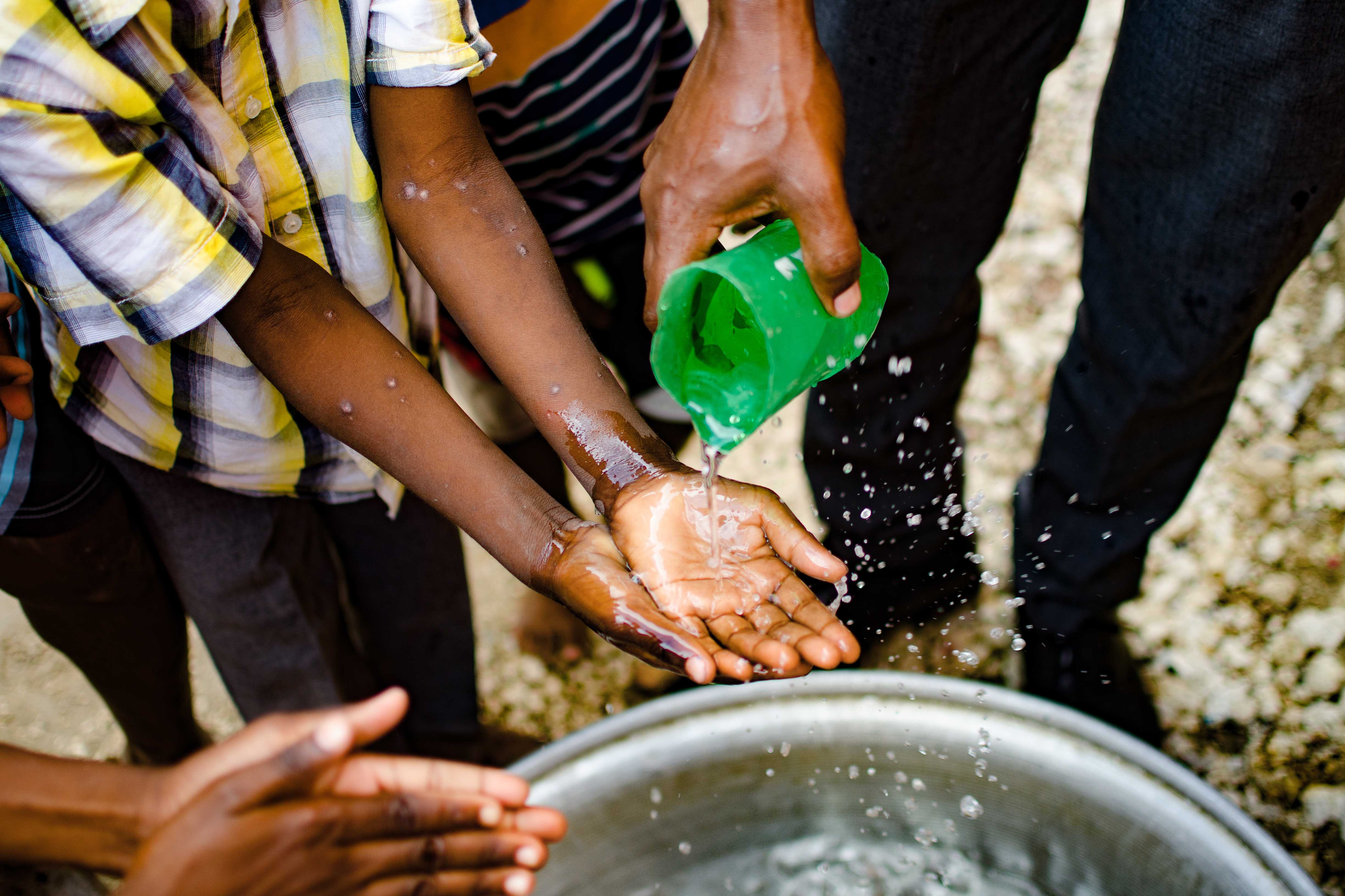
Haiti
FIU engaged stakeholders at all levels including staffing, institutional partnerships, and community engagement plans for water availability, quality, and integrated water resources management in Northern Haiti. This also included partnership with two leading universities in Haiti. The project offered scalable, sustainable solutions that received buy-in from local communities and included improving local skill sets so management of reforms can be managed without the need for outside expertise. The implementation of this project was funded by the Inter-American Development Bank.

UNESCO Chairs Collaboration
FIU and the Universita per Stranieri di Perugia in Italy are working together on water and environmental challenges through scientific and cultural exchange. FIU houses the UNESCO Chair on Sustainable Water Security. The Universita per Stranieri di Perugia houses the UNESCO Chair on Water Resources Management and Culture.
Did you know?
An effort to save Kenya's mountain bongo antelope is also protecting the ecosystem that supplies 80 percent of Kenya’s people with clean, fresh water. FIU scientists are leading the bold international collaboration to restore the critically endangered species along Mt. Kenya. Learn more about FIU's efforts for Life on Land.
Working with Local, National and Global Governments
FIU is making critical contributions in research, management, policy and education to advance efforts for Clean Water and Sanitation. Our work includes collaborations with local, regional, national and global governments and our Institute of Environment houses the UNESCO Chair on Sustainable Water Security. Learn more about these collaborations.
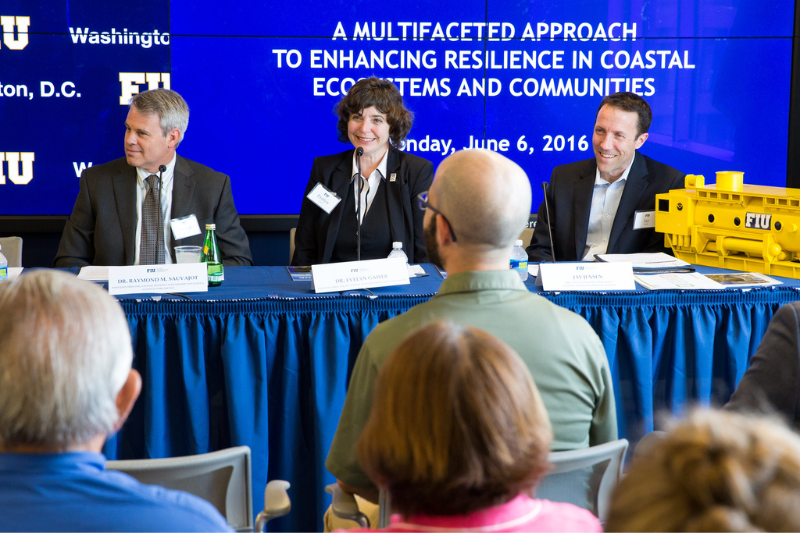
National Science Foundation LTER
As part of our work in the Florida Everglades, we are the host institution for the National Science Foundation’s Long Term Ecological Research (LTER) program for the Florida Coastal Everglades. We work with local, state and national government agencies including the General Council of the Miccosukee Tribe of Indians, South Florida Water Management District, National Park Service, U.S. Geological Survey, U.S. Army Corps of Engineers and Oak Ridge National Laboratory.
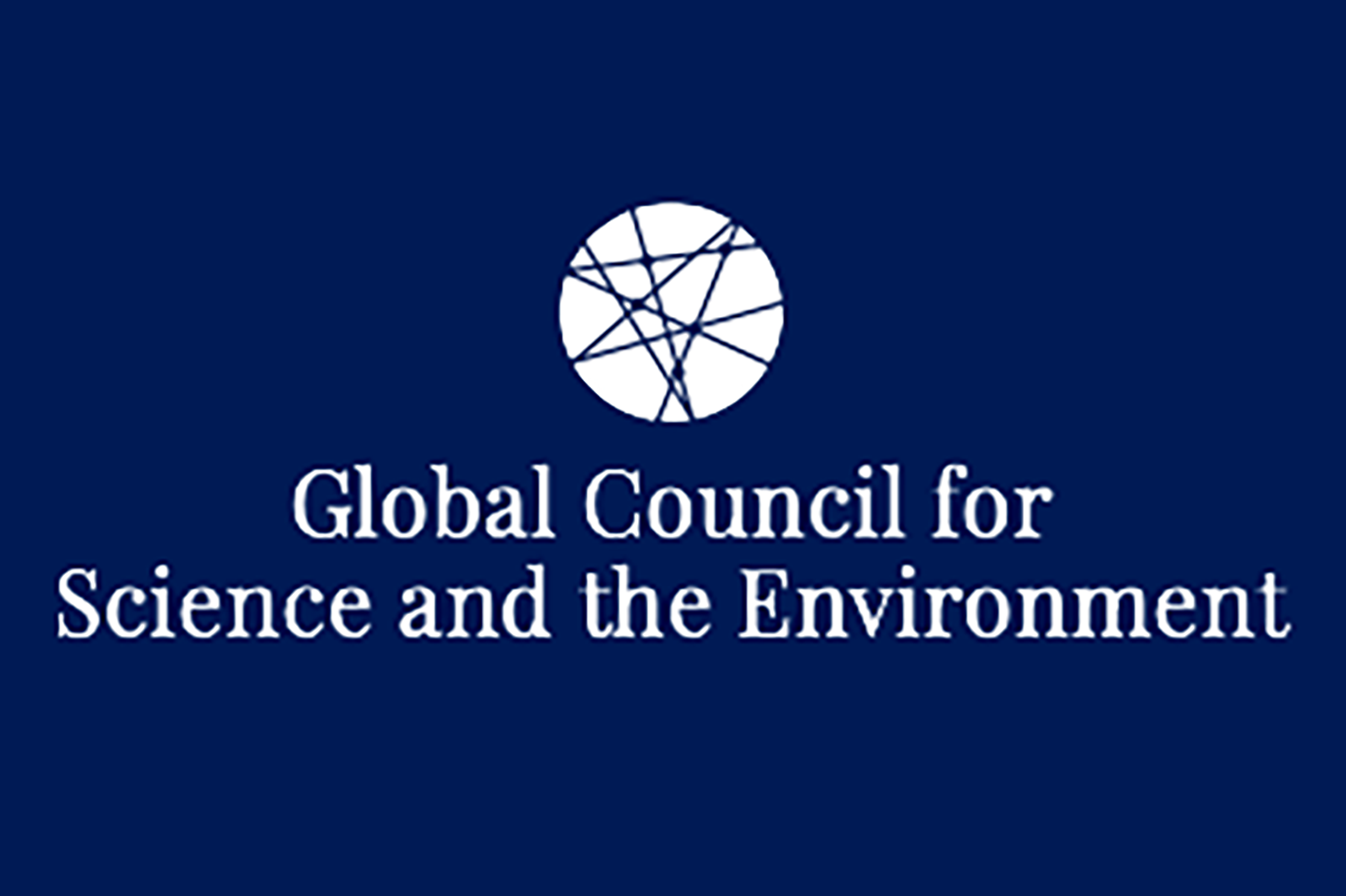
Global Council for Science and the Environment
FIU is a member of the Global Council for Science and the Environment, an organization that promotes the use of science and actionable knowledge to inform decision-making about complex environmental and sustainability challenges. The council engages scientists, educators, citizens, policymakers, business leaders, and officials at all levels of government.
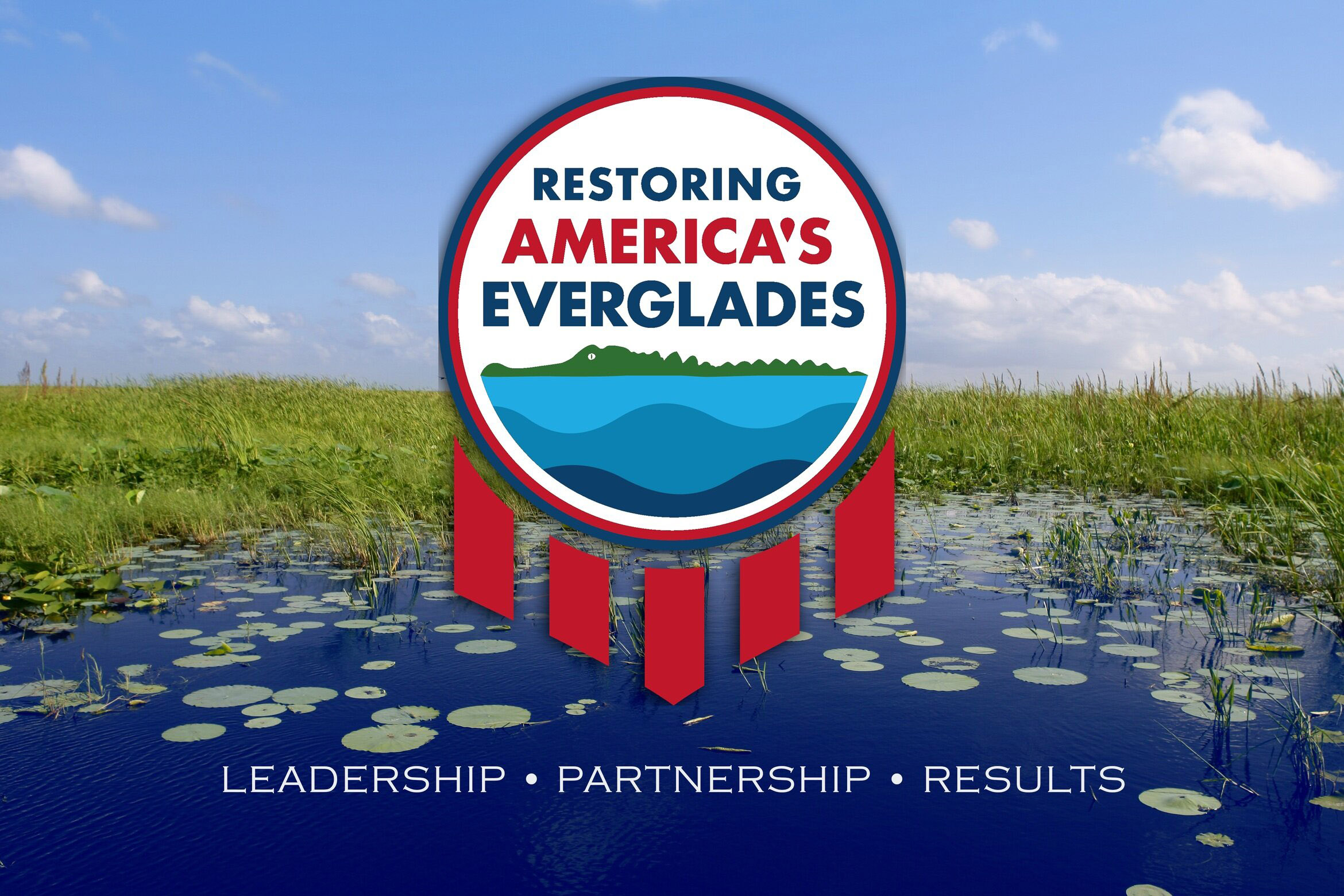
South Florida Ecosystem Restoration Task Force
FIU scientists are members of the South Florida Ecosystem Restoration Task Force, which was established by the United States Congress and includes city and county governments in South Florida along with several state and federal agencies. The Task Force facilitates the coordination of conservation, restoration, and scientific/research efforts being planned and implemented in the South Florida Ecosystem.
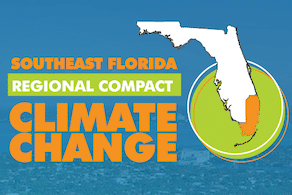
Southeast Florida Regional Climate Change Compact
The compact unites counties in Southeast Florida to articulate a proactive plan for increasing resilience to climate change. FIU researchers work with counties to develop science-based plans around exposure data. At the city level, we work with experts from the City of Miami Beach to help establish socio-ecologically resilient systems in vulnerable regions globally.
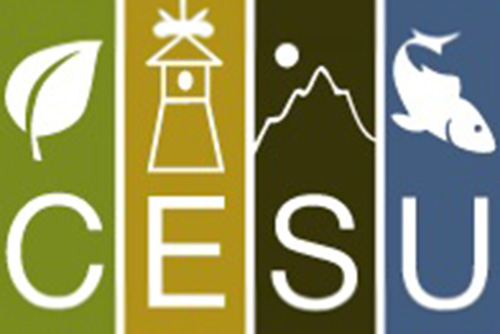
South Florida and Caribbean Cooperative Ecosystems Studies Unit (CESU)
The South Florida and Caribbean CESU (SFC CESU), which is hosted by FIU's Institute of Environment, was created by the federal government under the leadership of the Department of the Interior to provide assistance to managers in federal land management and environmental and research agencies. The partnership includes nine federal agencies, 21 academic institutions and NGOs.
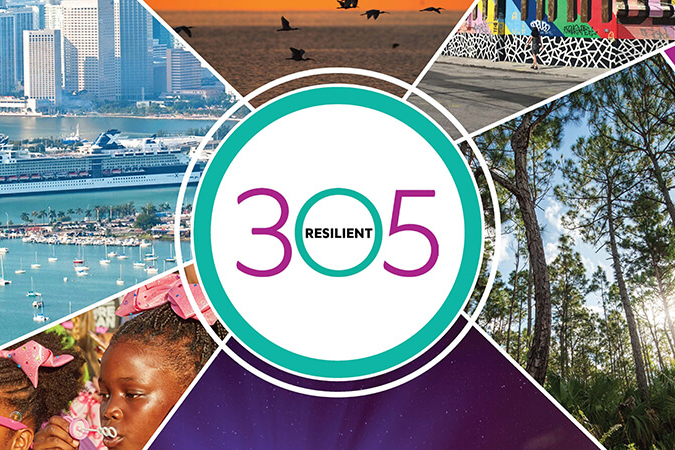
Resilient305
The Resilient305 Collaborative is a joint academic-government research partnership among Florida International University, Miami-Dade College, University of Miami, and government and non-government organization (NGO) leaders of Greater Miami & the Beaches. Find out more about the research we are doing with the Resilient305 Collaborative.
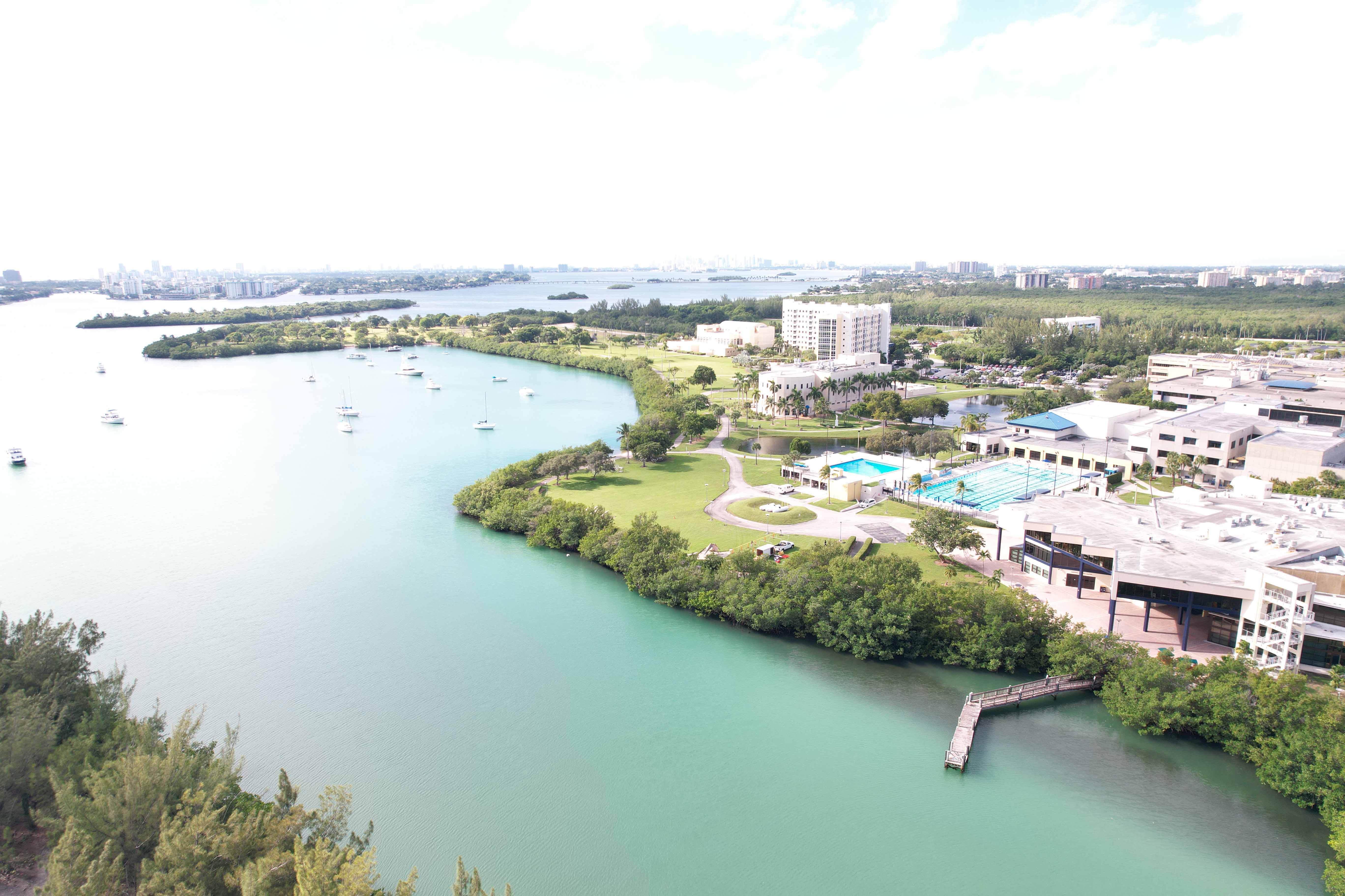
Miami-Dade County Biscayne Bay Task Force
FIU scientists were part of and contributed data to the county-directed task force to inform future policies and initiatives related to issues affecting residents and property owners. The task force issues a report in 2020 that identified problem areas for water quality, prioritized projects and provided recommendations for state and federal legislation, activities and appropriations.
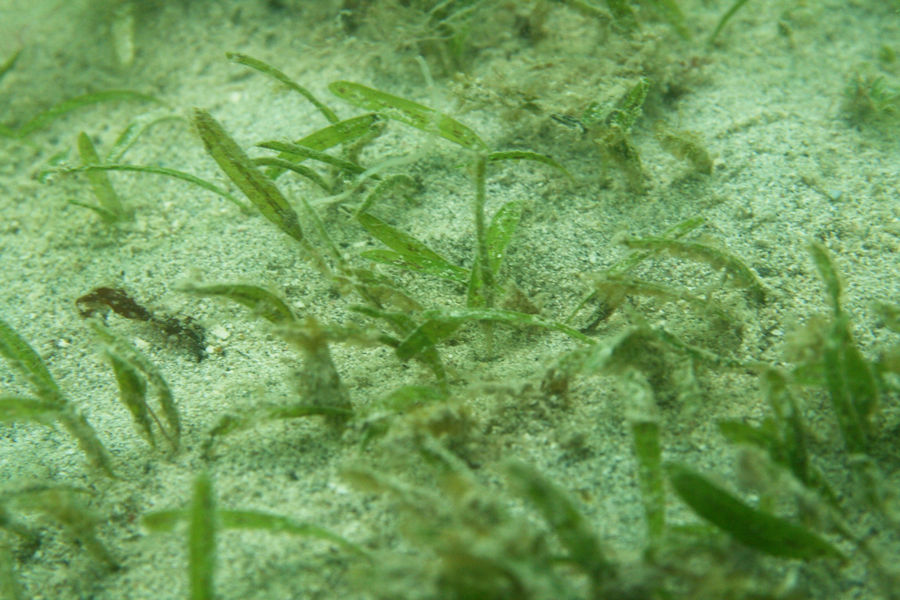
Biscayne Bay Aquatic Preserves
FIU researchers from the Seagrass Ecosystems Research Lab work with the Biscayne Bay Aquatic Preserves, a program under the direction of the Florida Department of Environmental Protection. This program develops plans for management and public access of Biscayne Bay as well as management of archaeological resources. FIU researchers assist with seagrass monitoring for the bay.
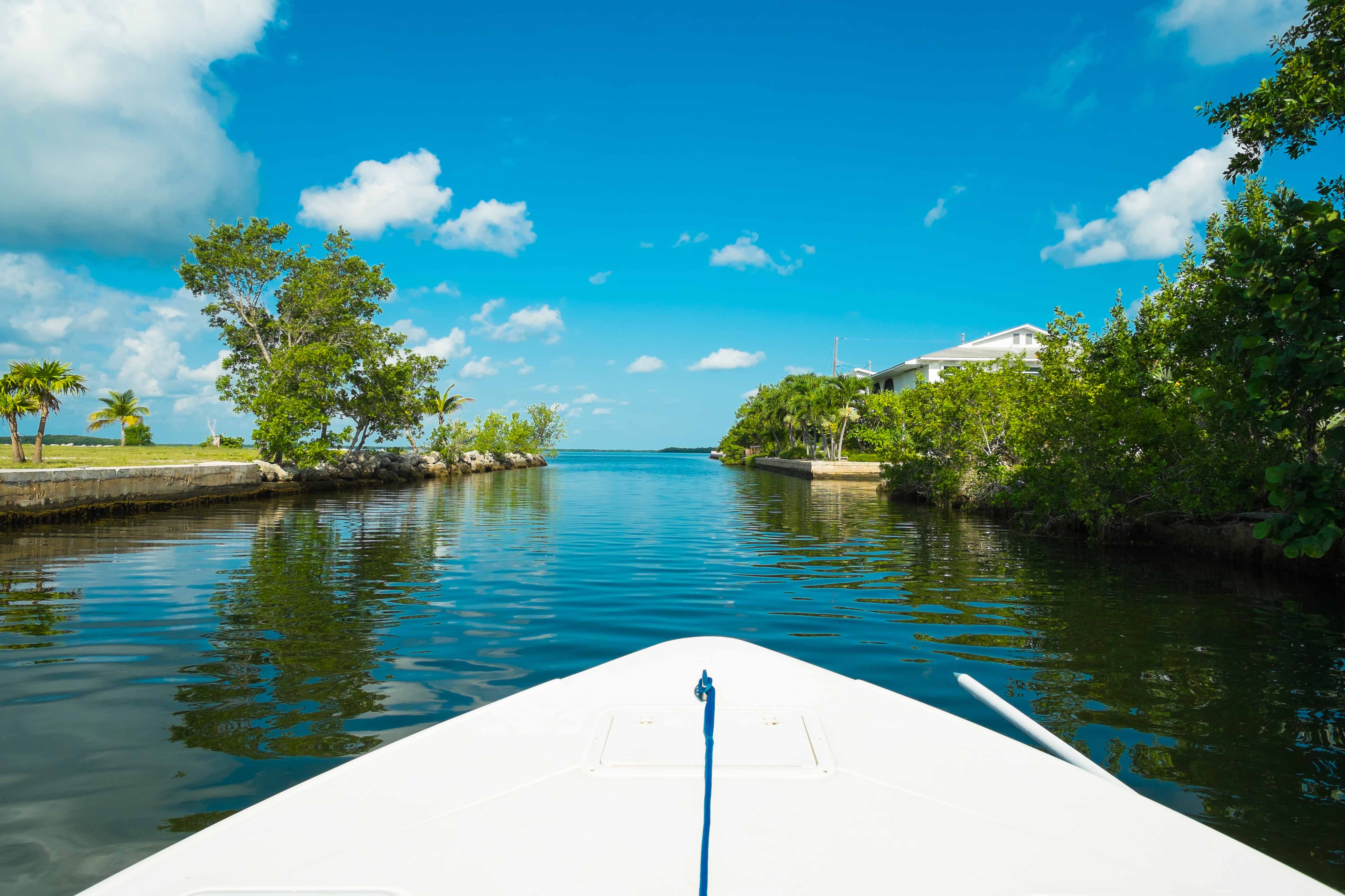
Florida Keys
FIU researchers manage a water quality monitoring project for the Florida Keys National Marine Sanctuary and another for canal remediation, both under the direction of the U.S. Environmental Protection Agency. Our researchers also manage a water quality monitoring program for the Village of Islamorada.
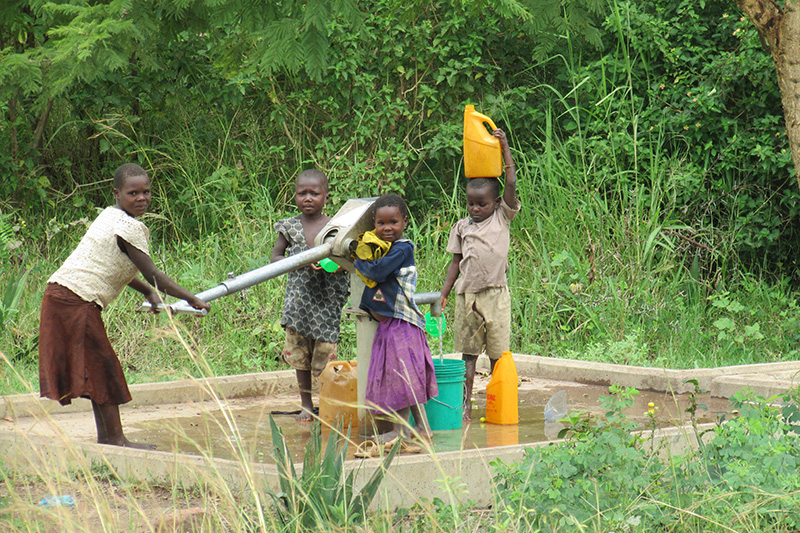
International Water Programs
FIU’s international water programs in the Institute of Environment have delivered clean water, sanitation and hygiene solutions to places throughout the world including Sub-Saharan Africa, South Asia, Latin America, and the Caucasus through initiatives supported by the United States Agency for International Development. All of these efforts require collaborative partnerships with local governments.
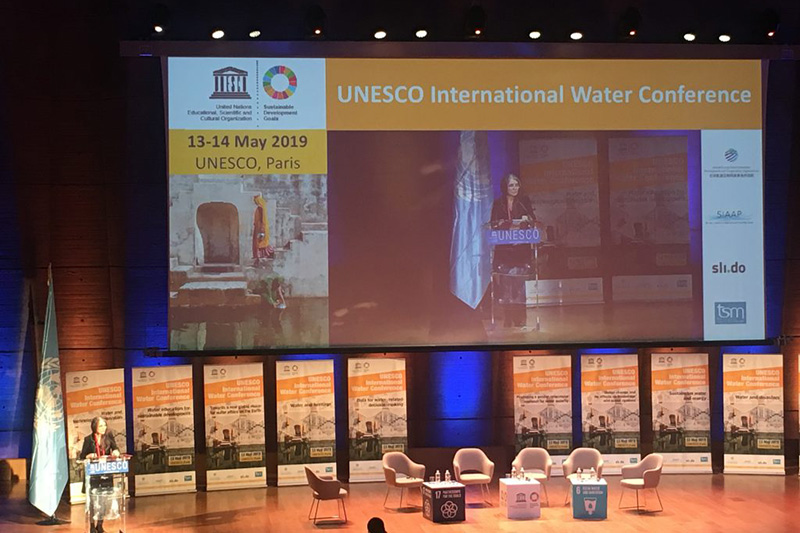
UNESCO Chair on Sustainable Water Security
FIU’s Institute of Environment holds the UNESCO Chair on Sustainable Water Security, which is charged with bringing together research and education to address regional, national and global water security issues. Among our many efforts on behalf of this program, we have convened a summit on cybersecurity for water security and maintain an ongoing program focused on the Nile River, both of which involve government agencies.